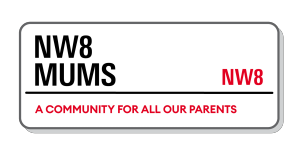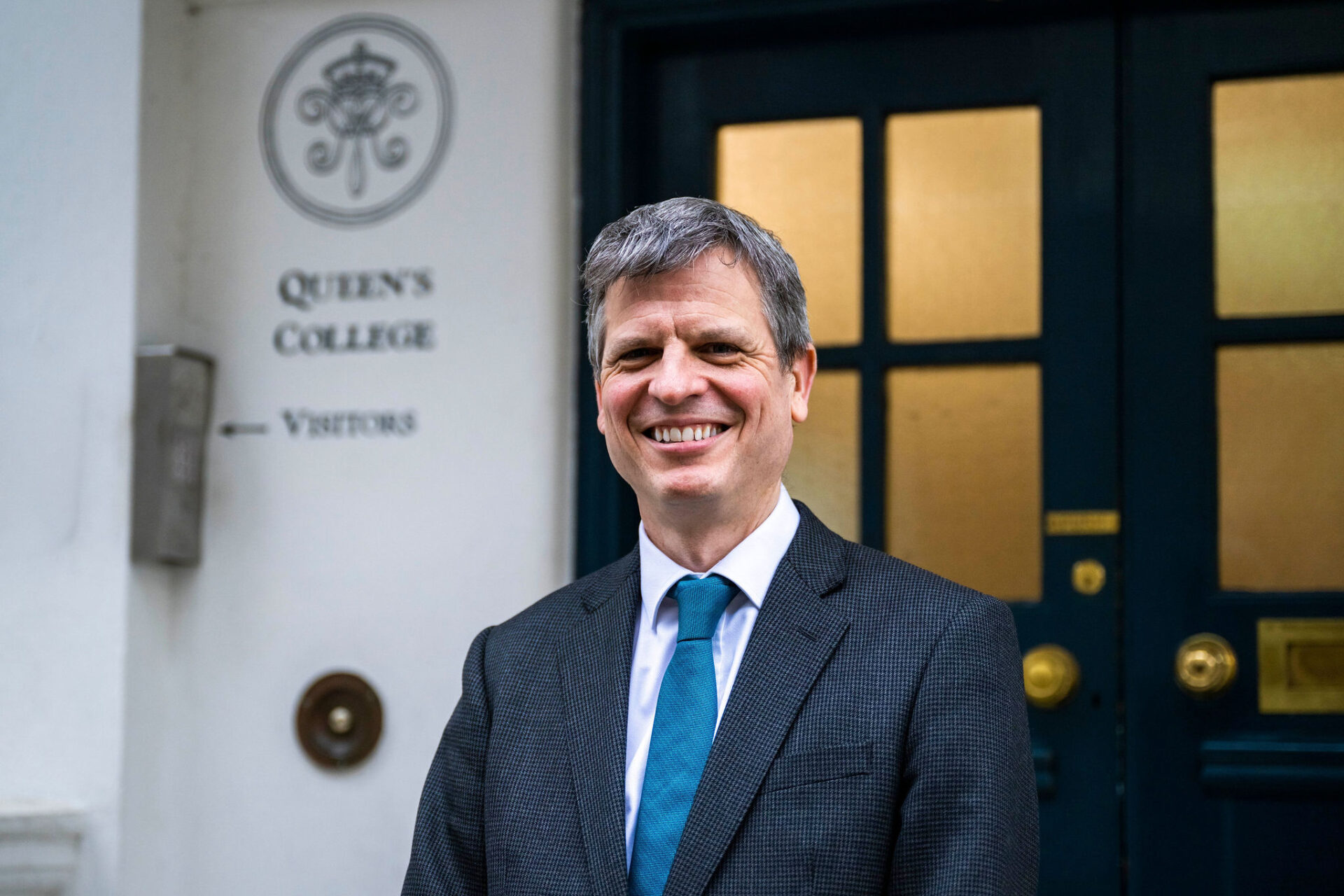When faced with the challenge of choosing a secondary school in London for your child, the choice can be overwhelming. Everywhere you turn there are guides, prospectuses and well-meaning friends trying to guide you towards the ‘right’ decision. Each school declares itself to be unique, but there is no way you can possibly visit them all. So where to start?

This article attempts to make the process that little bit easier by giving six simple pieces of advice. Think of them as Tillett’s Top Tips!
Start with the big questions.
Though schools have many similarities, there are also key differences in how they are structured. Single-sex or co-educational? State or private? Day or boarding (or both)? Large or small? Urban or rural? Close to home or further afield? You may not have strong views about every one of these questions, but equally, you are unlikely to be ambivalent about all of them. Being decisive, even about only one or two, will narrow down your options considerably.
Think about where your child will be happy.
There is no single ‘best’ school in London, nor can any school be right for every child. While a highly academic environment might bring out the best in a robust, self-starting young person, for example, it may intimidate or deflate others. Ultimately, the most important thing is for our children to enjoy their school years: not only is that vitally important in its own right, it also creates the self-confidence from which they can go on to achieve to their full academic potential.
Don’t delegate responsibility for the decision.
The amount of choice may make it tempting to let other people take the lead in this decision, but that is risky. If your child is still at primary school, they are unlikely to be able to think ahead sufficiently. In weighing up what matters in a senior school, Year 6 children often care more about where their friends are going, or relatively trivial things like the choice of food, rather than more important factors.
Worse still, don’t allow yourself to be led by what other parents are thinking, as their criteria, and their child, may be completely different from yours. Remember that you know your child better than anyone. This is your call.
Treat league tables with caution.
It is a travesty that exam results league tables are the only widely available way of directly comparing schools. Too often the position in the league table is conflated with the quality of the school – the ones with the highest results must be ‘better’ than those lower down. But this may well not be the case, particularly when considering the needs of your individual child.
By far the most significant factor in a school’s league table position is its level of selectivity; if you are only choosing the top 5% of ten-year-olds to join your school, you have to be something spectacularly wrong for them not then to get good results a few years later! Instead, visit each of your shortlisted schools and consider what it actually does for the children that it accepts. In the vast majority of cases, bright children will do well wherever they go to senior school, as long as they are happy.
Trust the primary school.
Many junior schools will give individual advice to families about the kinds of school that they should be considering for their child. This advice is uniquely well-informed, so if you are offered this opportunity, take it with open arms and an open mind: because, not only do the junior school leaders know your child, they also know the senior schools. When families end up unhappy with the outcome of the secondary school admissions process, it is very often because the advice of the primary school either was not offered, not sought, or not heeded.
Remember the worst case scenario.
Parents in London are extraordinarily lucky in the wide range of high-quality schools available in the city. Although we can fixate on their differences, all of them ultimately are run and staffed by hard-working, committed and caring professionals. So in truth, the worst that can happen is that your child ends up at a good school!

By Richard Tillett, Principal of Queen’s College London
https://www.qcl.org.uk/



